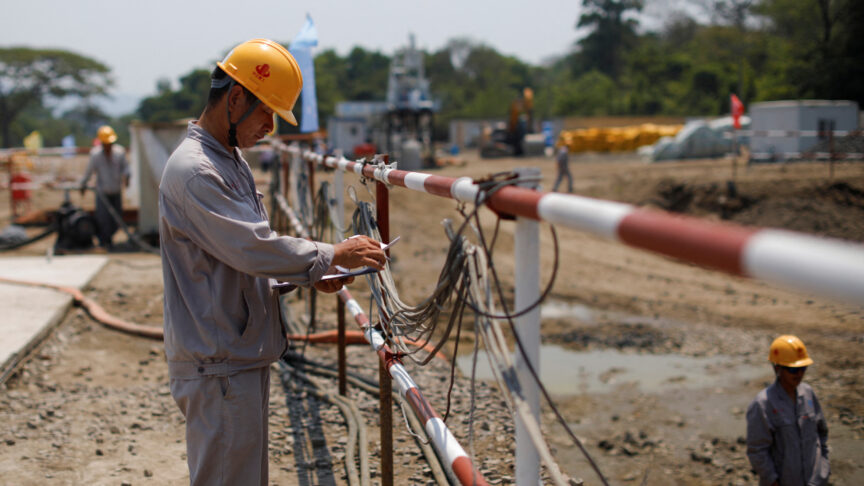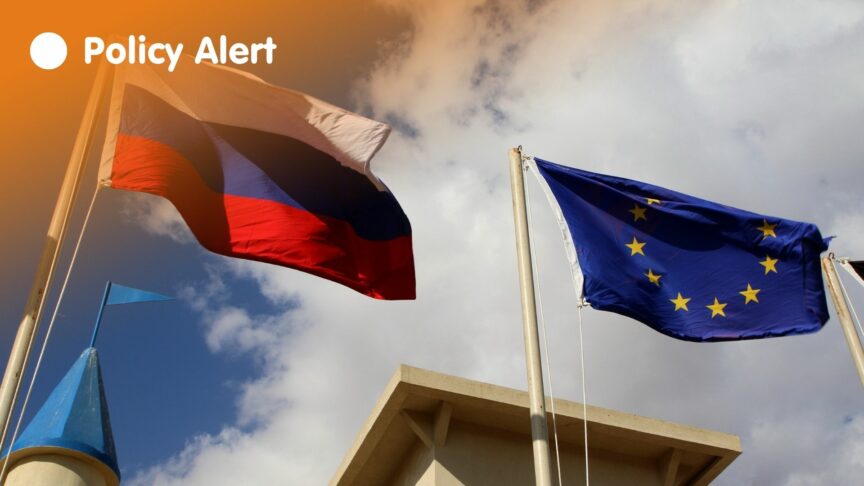“Crisis tribes” graphics
The graphics below are part of the polling-backed study on five defined ‘crisis tribes’ across Europe’s voting population. The raw data for the graphics can be downloaded by clicking on the link “Get the data” below each graphic.
Methodology
The polls were conducted by DataPraxis and YouGov in Denmark (1,040; 26 September – 2 October), France (2,079; 26 September – 6 October), Germany (2,036; 26 September – 5 October), Great Britain (2,043; 26 September – 2 October), Italy (1,530; 26 September – 5 October), Poland (1,069; 26 September – 4 October), Portugal (1,050; 26 September – 4 October), Romania (1,104; 26 September – 3 October), Spain (1,014; 26 September – 3 October), and Switzerland (1,103; 26 September – 3 October); and by DataPraxis and Norstat in Estonia (1,013; 26 September – 9 October). The total number of respondents was 15,081.
The results for “Europe” correspond to the above-mentioned 11 European countries, and the results for the “EU” correspond to the nine EU countries (i.e., all except for Switzerland and Great Britain). Usually, a simple average across those countries is used, unless stated otherwise.
The segmentation into different “crisis tribes” is based on responses to the following question: “Which of the following issues has, over the past decade, most changed the way you look at your future?”, with the available options being (a) “Climate change”, (b) “Immigration”, (c) “Covid-19 pandemic”, (d) “Russia’s invasion of Ukraine”, (e) “Global economic turmoil”, (f) “Other”, and (g) “Don’t know”.
In the EU countries, respondents were asked to assess the EU’s response to these crises (“Do you think the European Union has generally done a good or bad job when it comes to its handling of each of the following issues? (a) climate change, (b) immigration, (c) Covid19 pandemic, (d) Russia’s invasion of Ukraine, (e) Global economic turmoil”). Meanwhile, in Switzerland and Great Britain, they assessed their government’s performance on these (“Do you think [Swiss/UK government] has generally done a good or bad job when it comes to its handling of each of the following issues?”).
The European Council on Foreign Relations does not take collective positions. ECFR publications only represent the views of their individual authors.















